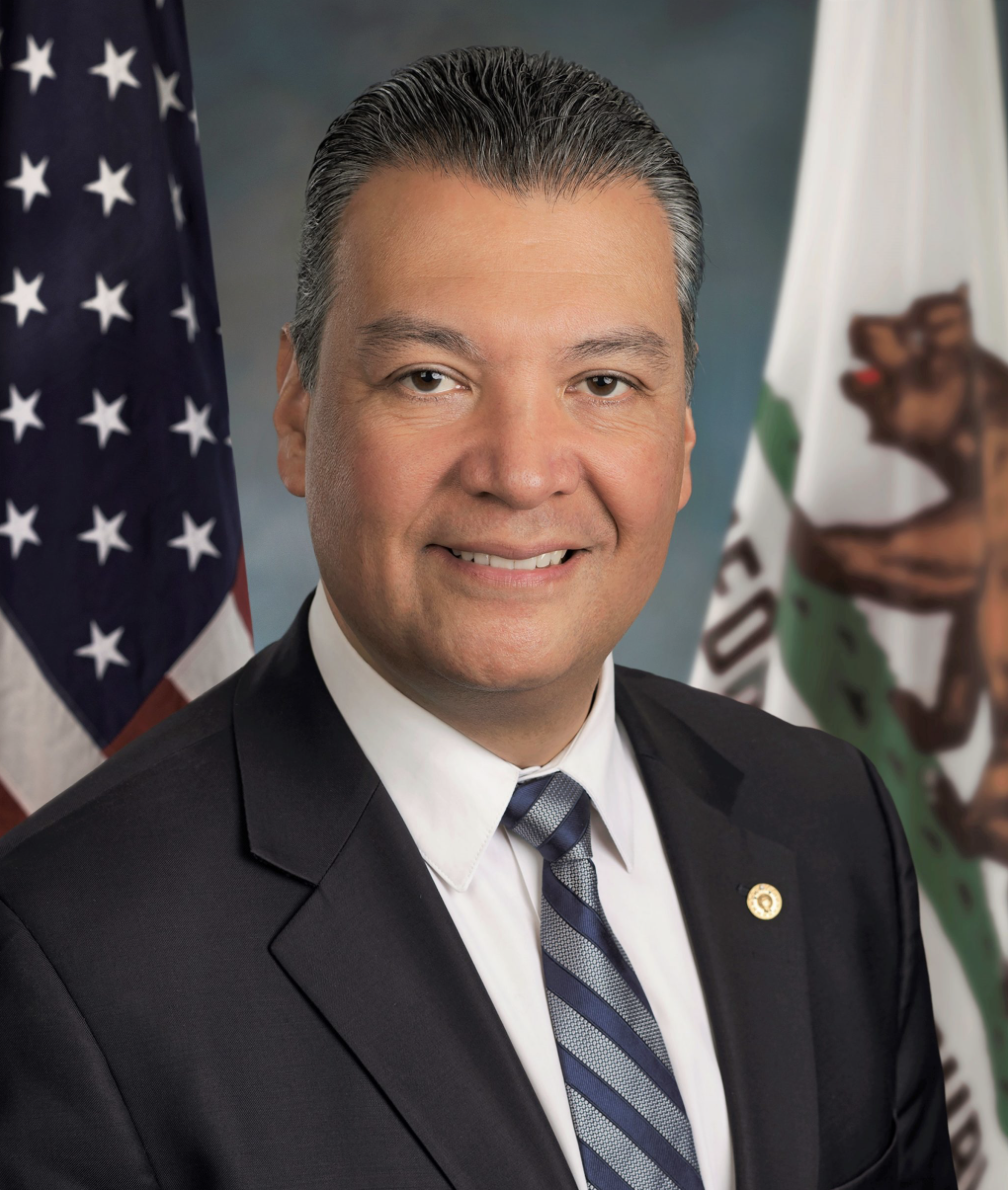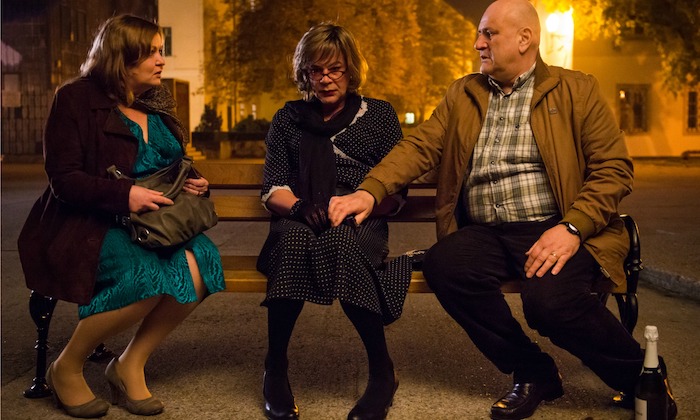It began with a takedown. Not symbolic, but physical. Not somewhere far-flung, but in a federal building in Los Angeles. Senator Alex Padilla—California’s first Latino U.S. Senator—was handcuffed, thrown to the ground, and denied an explanation. His crime? Asking a question. Seeking truth from a Homeland Security official. And in that moment, America’s fragile contract with transparency broke wide open.
The gravity of that moment framed a recent candid conversation with immigrant-serving and ethnic journalists, hosted by ACOM (American Community Media). The special Zoom briefing offered a rare and raw insight into how the Trump administration’s second term is upending democratic norms and targeting immigrant communities with renewed force. Senator Padilla, the proud son of Mexican immigrants and a lifelong public servant, addressed the press as both witness and whistleblower.
“I kept asking why I was being detained. There was no answer,” Padilla recalled. “If this is how they treat a U.S. Senator, imagine what they’re doing to our communities.”
What followed that moment has not been retreat but resistance. In the face of an emboldened Trump administration’s second-term agenda—one laced with mass deportations, budgetary gutting of social safety nets, and rhetorical assaults on media and migrants alike—Senator Padilla has stepped into a bolder, more defiant role. He is sounding the alarm, naming the threats, and proposing action: chief among them, the Visible Act.
Speaking to ACOM journalists, Padilla detailed his new legislation. Under the Visible Act, immigration enforcement officers would be required to wear visible identification and be barred from wearing non-medical face coverings. It’s a bill born not just of policy need but of lived fear—of reports of masked, unmarked figures abducting residents in broad daylight. “No one should wake up thinking they’re being kidnapped by masked strangers,” Padilla said. “We need visibility; we need accountability.”
The urgency comes as Trump and a compliant GOP push through a new budget channeling $170 billion toward an aggressive deportation apparatus. That same budget slices $1 trillion from Medicaid, casting out 17 million Americans from health care. Padilla describes it as cruelty masquerading as fiscal policy. “The only area that saw real investment was ICE and Homeland Security,” he told reporters. “They’re preparing not just a continuation, but an escalation.”
In California, the escalation is already here. Journalists and community members from Ventura to Los Angeles have documented militarized raids, families torn apart, and communication blackouts. In Santa Barbara County, a large-scale ICE operation left residents—including U.S. citizens—missing and media organizations under threat.
“Keep communicating with our offices,” Padilla urged ACOM journalists, emphasizing the importance of naming the detained, shining light on abuses, and coordinating efforts with House allies like Representative Salud Carbajal. “When they know we’re paying attention, people get located and released faster.”
But while Padilla insists on proactive oversight, Republican leadership has blocked formal hearings. Democrats now hold “shadow hearings”—informal gatherings where they collect testimony and build public pressure. “If we can change the makeup of Congress next year,” he said, “real oversight returns. Real change becomes possible.”
That possibility extends to combatting a growing threat: impersonators and vigilantes emboldened by ICE’s shadowy tactics. Especially in California’s northern counties, unregulated militias and rogue sheriffs have threatened to collaborate with federal agents. The lack of standard identification and accountability only deepens the danger. “It’s a public safety crisis—for residents and agents alike,” Padilla warned. “We’ve seen impersonation turn into assault, burglary, and even sexual violence.”
Despite the chaos, Padilla sees a path forward, grounded in public opinion. Polls show increasing support for immigrants—particularly DREAMers, farmworkers, and long-term undocumented residents. “People are seeing the cruelty, and it’s shifting the narrative,” he said. “This isn’t about policy anymore. It’s about our values.”
Still, many in immigrant communities feel disillusioned. They question whether Democrats, even in opposition, are doing enough. Padilla doesn’t deflect. He concedes the need for better communication and deeper presence. “Not everyone watches evening cable news. We need to show up—in every language, every platform,” he told ACOM reporters.
He also underscores the power of civic action. From knowing one’s rights to voting in upcoming elections, Padilla believes political resistance begins at the grassroots. “Don’t lose faith,” he said. “This country is worth fighting for.”
His closing note to ACOM journalists was both a charge and a comfort to those feeling invisible, unheard, or threatened. “Stay informed. Stay active. And stay proud of who you are.”
#ImmigrantVoices #VisibleAct #StopTheRaids #AlexPadilla #ICEAccountability #MigrantRights #CaliforniaStrong #ResistAndReform









